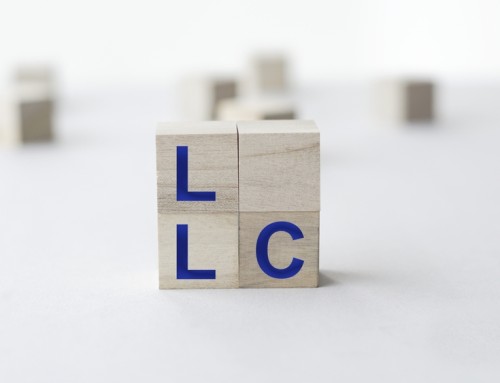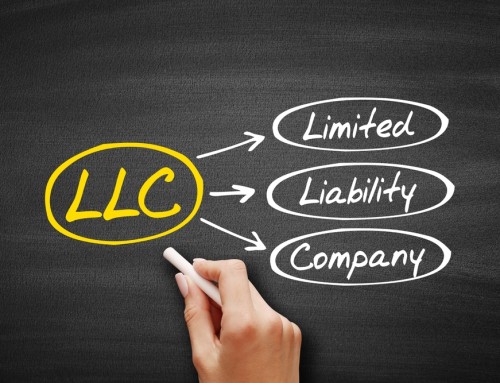A trustee plays a vital role in the administration of a trust, ensuring that its terms are executed properly and that the beneficiaries’ interests are protected. Selecting the right trustee and understanding their responsibilities can prevent costly mistakes and family conflicts. Here’s what you need to know about trustees, their legal duties, and how they help protect your trust and its assets.
What Does a Trustee Do?
A trustee is responsible for administering a trust according to its terms. Their duties begin after the trust creator’s passing and can include:
- Notifying Beneficiaries: Trustees must inform beneficiaries of their role and provide them with a copy of the trust agreement. This ensures transparency and allows beneficiaries to understand their rights.
- Safeguarding Assets: Trustees must take possession of trust assets to prevent waste or misuse. Proper management is essential to preserving the trust’s value.
- Managing Creditor Claims: In Arizona, trustees notify potential creditors of the trust administration. This allows creditors to file claims within a four-month period, after which the trustee can settle valid claims and move forward with distributions.
- Distributing Assets: Once obligations are fulfilled, trustees distribute remaining assets to beneficiaries as outlined in the trust agreement.
In some cases, a trustee may have ongoing responsibilities, such as managing assets for a minor beneficiary until they reach a certain age.
Why Is Choosing the Right Trustee So Important?
A trustee has fiduciary duties, which means they must act in the best interests of the beneficiaries and the trust. This is one of the highest legal standards, and failure to meet it can lead to liability.
For example, if a trustee invests trust funds irresponsibly—such as in a high-risk venture—beneficiaries may sue for breach of fiduciary duty. The consequences can be severe, including financial restitution to the beneficiaries.
Selecting a trustee who is responsible, financially savvy, and capable of managing the trust’s complexities is essential to avoiding such issues.
Common Challenges Trustees Face
Even the most well-intentioned trustees can face challenges that complicate their role. These include:
- Beneficiary Disputes: If beneficiaries feel they are being treated unfairly, conflicts may arise. This is especially common when the trustee is also a beneficiary, such as a sibling managing a family trust. Clear communication can help prevent these issues.
- Complex Asset Management: Trustees may be responsible for managing significant or diverse assets, including real estate, investments, and personal property. Proper financial management skills are critical.
- Legal and Administrative Requirements: Trustees must comply with state laws, including notifications and deadlines. Failure to do so can lead to legal disputes and penalties.
How Can Trustees Avoid Liability?
Trustees can protect themselves by adhering to best practices and seeking professional guidance. Key steps include:
- Communicating Clearly: Keeping beneficiaries informed and addressing their concerns can prevent misunderstandings and conflicts.
- Documenting Decisions: Maintaining thorough records of financial transactions and administrative actions can demonstrate that the trustee acted responsibly.
- Consulting Professionals: Trustees should seek legal and financial advice when managing complex trusts or dealing with disputes.
Frequently Asked Questions About Trustees
- What happens if a trustee breaches their fiduciary duty?
If a trustee mismanaged trust assets or fails to fulfill their obligations, beneficiaries can take legal action. This may include seeking financial restitution or requesting the trustee’s removal. - Can a trustee also be a beneficiary?
Yes, but this can create conflicts of interest. Trustees in this position must be particularly diligent about communicating with other beneficiaries and ensuring transparency. - What if the trustee cannot fulfill their duties?
If a trustee is unable or unwilling to serve, the trust agreement may specify a successor trustee. If no successor is named, the court can appoint one. - How can I ensure my trustee will act responsibly?
Choosing a trustworthy and capable individual—or a professional trustee—can minimize risks. It’s also important to clearly outline the trustee’s responsibilities in the trust agreement.
Protecting Your Trust and Your Beneficiaries
A well-chosen trustee is the cornerstone of effective trust administration. By selecting someone who understands their legal responsibilities and values clear communication, you can ensure that your trust’s purpose is fulfilled.






